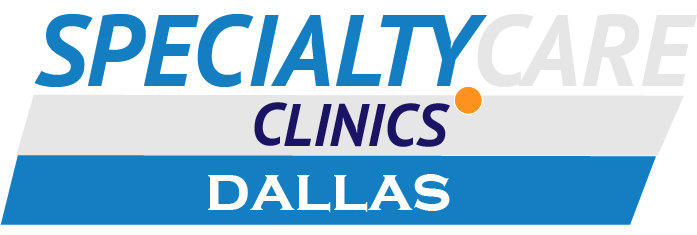Migraine Management: Finding Relief and Reclaiming Your Life
Migraines, characterized by severe headaches often accompanied by nausea, vomiting, and sensitivity to light and sound, can be debilitating. A pain management clinic can provide comprehensive care to help individuals manage their migraines and reduce their impact on daily life.
Understanding Migraines
Migraines are complex neurological disorders that affect millions of people worldwide. While the exact cause of migraines is not fully understood, several factors can trigger them, including:
Common Migraine Triggers
- Hormonal Changes: Fluctuations in hormone levels, especially in women, can trigger migraines.
- Stress and Anxiety: Emotional stress and anxiety can contribute to migraine attacks.
- Sensory Stimuli: Exposure to bright lights, loud noises, or strong odors can trigger migraines.
- Certain Foods and Drinks: Consumption of specific foods and beverages, such as alcohol, caffeine, or aged cheeses, can trigger migraines.
- Lack of Sleep: Irregular sleep patterns or insufficient sleep can increase the risk of migraines.
The Role of a Pain Management Clinic
Pain management clinics offer specialized care for individuals with migraines. They provide a comprehensive approach to managing migraine symptoms and improving quality of life.
Diagnostic Evaluation
- Medical History: A detailed medical history to identify potential triggers and underlying conditions.
- Physical Examination: A physical examination to assess for any neurological or other medical issues.
- Diagnostic Tests: In some cases, diagnostic tests like blood tests or imaging studies may be recommended to rule out other conditions.
Treatment Options

Pain management clinics offer a variety of treatment options to manage migraines symptoms:
Medication:
- Acute Medications: Over-the-counter pain relievers like acetaminophen or ibuprofen, and prescription medications like triptans, can help alleviate migraine pain during an attack.
- Preventive Medications: For frequent migraines, preventive medications can help reduce the frequency and severity of attacks.
Lifestyle Modifications:
- Stress Management Techniques: Practices like yoga, meditation, and deep breathing can help reduce stress and anxiety.
- Regular Sleep: Maintaining a consistent sleep schedule can help prevent migraines.
- Healthy Diet: A balanced diet can help manage migraine triggers.
- Regular Exercise: Regular physical activity can help reduce stress and improve overall health.
Non-Pharmacological Treatments:
- Botox Injections: Botox injections can help reduce the frequency of migraine attacks.
- Neurostimulation Devices: Devices like nerve stimulators can help manage chronic migraine pain.
The Benefits of Seeking Professional Care
Seeking professional care at a pain management clinic can offer numerous benefits:
- Accurate Diagnosis: Experienced healthcare providers can accurately diagnose the underlying cause of migraines.
- Personalized Treatment Plans: Tailored treatment plans to address individual needs and preferences.
- Improved Quality of Life: Effective migraine management can significantly improve quality of life.
- Reduced Disruptive Impact: Regular treatment can reduce the frequency and severity of migraine attacks, minimizing their impact on daily activities.
- Empowerment: Education and support from healthcare professionals can empower individuals to manage their migraines effectively.
Conclusion
Migraines can be debilitating, but with proper management, individuals can significantly reduce their impact on daily life. By seeking care from a pain management clinic, individuals can receive comprehensive treatment, personalized advice, and support to live a fulfilling life, free from the burden of migraines.
Reach out to our Pain management clinic for comprehensive migraine management (214) 949-8918 Or visit us https://sccdallas.co/
